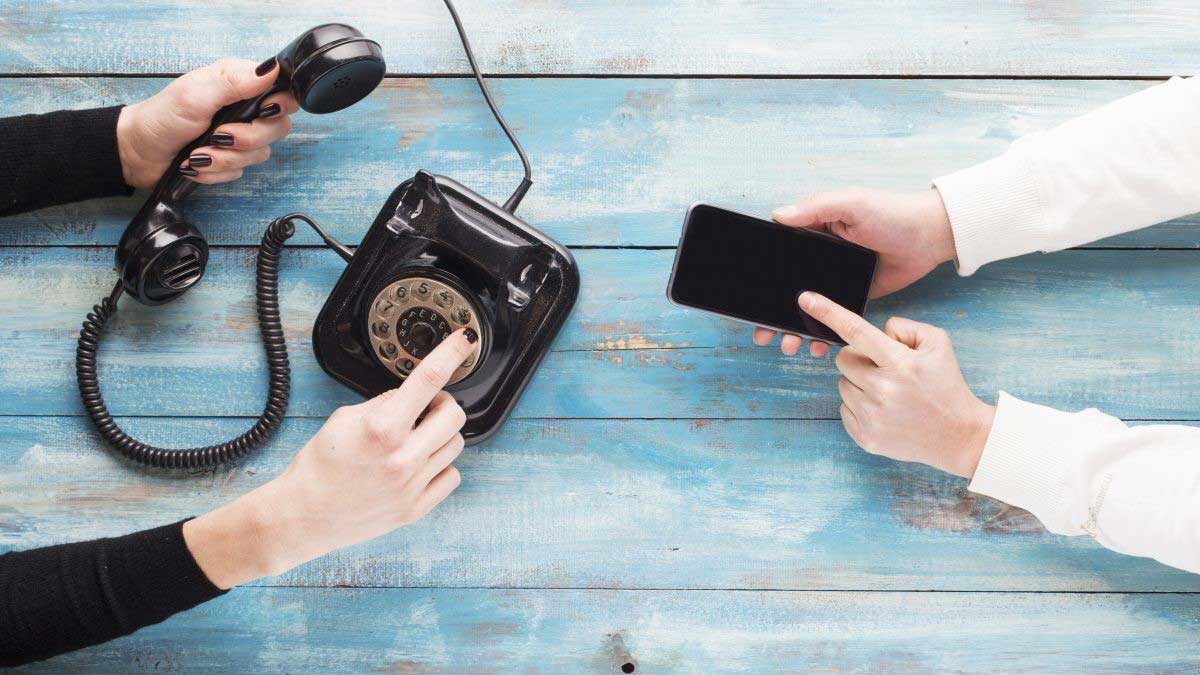What’s it really like to live without a SIM card in today’s world?
Experts believe people might start ditching SIM cards to save money, reduce unsolicited calls, and ultimately live life with fewer hassles. Life without a SIM card doesn’t necessarily imply no access to basic calls, texts, or internet connection. On the contrary, you can stay in touch with clients, friends and family without a SIM card.
Various data-enabled tools such as VOIP calls, social media platforms, emails, and GPS maps allow you to use your device to communicate without a SIM card. In doing so, you might even spend much less on inclusion plans, default penalties, termination fees, etc.
Nonetheless, you can’t just throw out your SIM card from one day to the next and expect life to go on normally. You might need to make unnerving sacrifices and enormous lifestyle changes to adapt to a life without a SIM card. For starters, you might want to bootstrap yourself with data-enabled communication tools, and that might require a constant Wi-Fi presence.
You might need to limit your movement to urban centers where you can have easy access to hotspots and other internet systems. If you don’t want to go hotspot-hopping, you can opt for pocket-sized, SIM-less Wi-Fi devices, which you can carry along everywhere your carrier has mobile coverage. Thankfully, you can find highly attractive data inclusion plans for these devices.
Tips for living life without a SIM card
You can make calls without a SIM card using VOIP, Google hangouts, and telephones whenever you come across one in a business premises or at a friend’s. src
Here’s a few easy ways to make calls, communicate, and live without a SIM card:
- Use Google Voice and Hangouts
You can make and receive calls on Google Hangouts at a cheap rate or even for free, depending on your region. You can configure your caller ID to reflect your Google Voice number. You can even read voicemail messages and do a whole lot more with Google Hangouts features, depending on your location. Your location determines the range functionalities and the cost of using Google Hangout as well as the quality of the call. In some places, call audio can get downright static. - Make use of telephones:
If you live in an urban area, it can be quite liberating to make use of telephones you find at various locations whenever you want to make calls. You can hop on a phone booth as you’re walking by a street, or you can ask to use the telephone at a business outlet or a friend’s place. - Explore temporary disposable free cell numbers:
If you still need a phone number to gain access to certain platforms and services that require SIM, you can take advantage of disposable free cell numbers offered by services like TextNow or 2ndLine. Note, however, that these numbers don’t work on major platforms such as Google, Facebook, WhatsApp, and others. - Use offline map apps:
Many offline map apps come with expedient location functions such as location sharing, landmarks, favorite locations, etc. They also allow you to share newly discovered locations with friends and loved ones. In addition, offline map apps expose you to fewer privacy concerns compared to their online counterparts. - Use your email for authentication and backup:
Try as much as you can to use your email address rather than your phone number as your back-up identifier or user authentication across the platforms and services you’re using. - Make plans for offline periods:
It could help if you try not to stay online at all times. You could go online only during specific periods for specific purposes. That implies that part of your daily plans should cater to periods when you’re offline. You can use your offline time for face-to-face conversations or favorite offline activities.
Final words – Can you live a life without a SIM card?
You might be surprised to find that all hell isn’t breaking lose after all, if you miss a few calls every day as you ditch your SIM card. Your friends and loved ones will not misunderstand you. They’ll most likely get used to the available means that they can use to contact you. However, they might not contact you as frequently as before, because SIM cards will remain the most dominant means of staying in touch for a long time to come. Or at least until the use of data-enabled communication tools become much more widespread.
